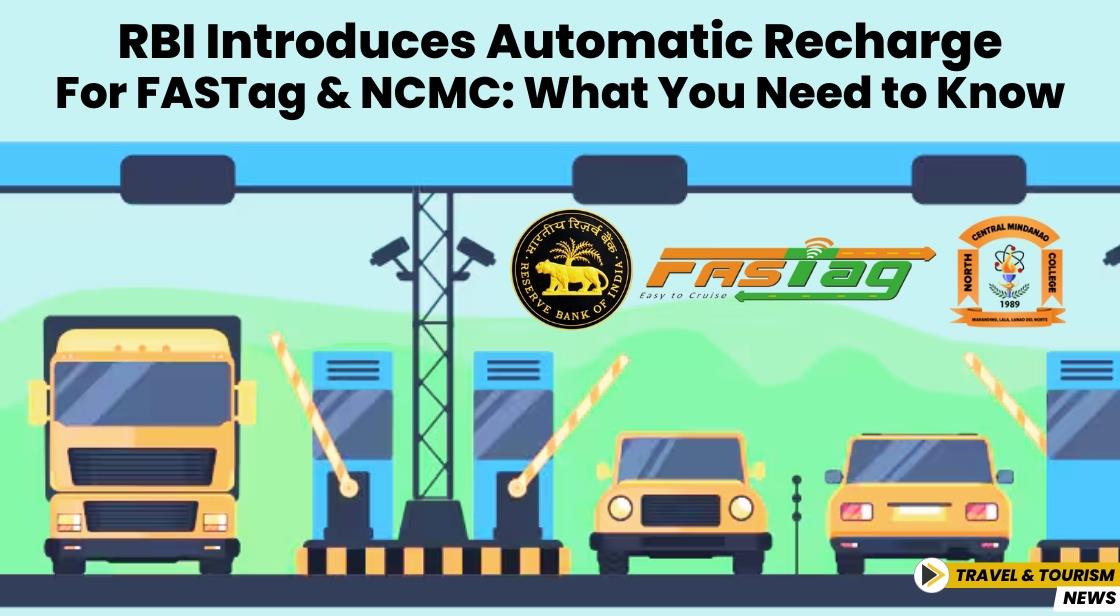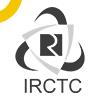RBI Introduces Automatic Recharge for FASTag and NCMC: What You Need to Know

News Synopsis
The Reserve Bank of India (RBI) has introduced significant changes to the e-mandate rules, aiming to enhance the convenience of handling toll payments and National Common Mobility Card (NCMC) transactions. The new regulations will enable automatic recharge for FASTag and NCMC, ensuring uninterrupted service for users.
RBI Announces New Guidelines for Automatic FASTag Recharge
Key Changes in the e-Mandate Rules
The RBI’s latest circular expands the scope of the e-mandate system to include automatic top-ups for FASTag and NCMC. Under the new guidelines, when the balance in these accounts falls below a user-defined threshold, the linked bank account will be automatically debited to restore the balance. This eliminates the need for manual adjustments and reduces the risk of insufficient balance disruptions.
Removal of Pre-Debit Notification Requirement
One of the most notable changes is the elimination of pre-debit notifications for auto-replenishment transactions. Previously, e-mandates required a 24-hour notice before funds could be deducted. The removal of this requirement simplifies the process, allowing for more seamless balance management without prior notifications.
Customizable Replenishment Triggers
Under the new guidelines, users have the flexibility to set their preferred replenishment levels. When the balance drops below this set point, the system will automatically withdraw the necessary amount from the linked bank account to maintain adequate funds for toll fees and other transactions.
Impact on Users and Service Continuity
The Reserve Bank of India (RBI) acknowledges that FASTag and National Common Mobility Card (NCMC) transactions are recurring but not always frequent. The updated rules aim to make these transactions more fluid, ensuring that users do not face disruptions in services like toll payments and mobility card recharges. The new system aligns with the RBI’s vision to enhance digital payment adoption and reduce manual intervention in critical services.
Long-Term Vision and Benefits
The integration of FASTag and NCMC with the e-mandate system reflects the RBI’s commitment to advancing digital payment solutions. By minimizing manual processes and optimizing automatic balance replenishment, the RBI seeks to provide greater convenience and efficiency for consumers using these essential services.
Conclusion
The Reserve Bank of India's recent updates to the e-mandate rules mark a significant advancement in the management of digital payments for tolls and mobility cards. By allowing automatic recharge for FASTag and the National Common Mobility Card (NCMC), the RBI is enhancing user convenience and service continuity. The removal of pre-debit notification requirements and the ability for users to set custom replenishment triggers streamline the process, reducing manual interventions and ensuring uninterrupted access to essential services.
These changes not only simplify transactions but also align with the RBI’s broader goal of promoting digital payment adoption and reducing operational complexities. As a result, users can expect a more efficient and hassle-free experience when managing their FASTag and NCMC balances. The new guidelines represent a step forward in making digital payments more user-friendly and reliable, ultimately contributing to a smoother and more connected mobility ecosystem.
You May Like









